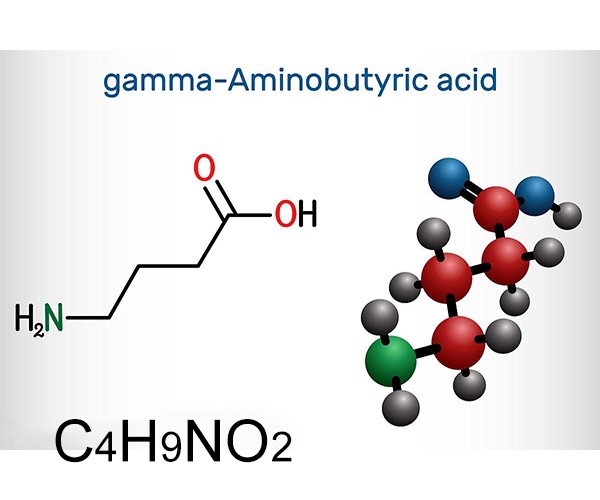Gamma-Aminobutyric Acid (GABA), a non-protein amino acid, is widely recognized for its role in the central nervous system of animals. However, its significance extends beyond neuroscience, finding crucial applications in the agricultural sector. This article explores the applications and advantages of GABA in agriculture, highlighting its potential to revolutionize farming practices and improve crop yields.
Applications of Gamma-Aminobutyric Acid in Agriculture
1. Stress Tolerance Enhancement
Abiotic Stress: GABA has been shown to help plants cope with abiotic stresses such as drought, salinity, and temperature extremes. By modulating the plant’s stress response mechanisms, GABA enhances the resilience of crops, ensuring better survival and productivity under challenging environmental conditions.
Biotic Stress: GABA also plays a role in defending plants against biotic stresses, including pest attacks and diseases. It helps in activating plant defense pathways, making crops more resistant to pathogens and reducing the need for chemical pesticides.
2. Growth Promotion
Seed Germination: GABA treatment has been found to improve seed germination rates. It enhances the metabolic activities in seeds, leading to quicker and more uniform germination, which is crucial for establishing healthy crops.
Root Development: The application of GABA promotes root growth and development. Stronger root systems enable better nutrient and water uptake, resulting in healthier and more robust plants.
3. Yield Improvement
Enhanced Photosynthesis: GABA can boost the photosynthetic efficiency of plants. By optimizing the photosynthetic process, plants can produce more energy and biomass, ultimately leading to higher crop yields.
Fruit Quality: GABA application has been linked to improved fruit quality in terms of size, color, and nutritional content. This makes the produce more appealing to consumers and can command higher market prices.
Advantages of Gamma-Aminobutyric Acid in Agriculture
1. Environmental Sustainability
Reduced Chemical Inputs: By enhancing stress tolerance and pest resistance naturally, GABA reduces the reliance on chemical fertilizers and pesticides. This leads to more sustainable farming practices and minimizes the environmental impact of agriculture.
Biodegradability: GABA is a naturally occurring compound that is biodegradable. Its use does not leave harmful residues in the soil or water, promoting a healthier ecosystem.
2. Cost-Effectiveness
Lower Input Costs: With improved stress tolerance and growth promotion, farmers can achieve higher yields with fewer inputs. This can significantly reduce the costs associated with fertilizers, pesticides, and irrigation.
Increased Profit Margins: Higher crop yields and better-quality produce translate to increased revenue for farmers. The use of GABA can enhance profitability, especially for small and medium-sized farms.
3. Safety and Non-Toxicity
Human Health: GABA is non-toxic to humans and animals, making it a safe alternative to conventional agrochemicals. Its application does not pose health risks to farm workers or consumers.
Soil Health: GABA contributes to maintaining soil health by promoting beneficial microbial activity. Healthy soil is essential for long-term agricultural productivity and sustainability.
Gamma-Aminobutyric Acid Conclusion
Gamma-Aminobutyric Acid (GABA) offers a promising avenue for advancing agricultural practices. Its ability to enhance stress tolerance, promote growth, and improve yields, coupled with its environmental sustainability and cost-effectiveness, makes it a valuable tool for modern farming. As research and development in this field continue, GABA play a pivotal role in ensuring food security and sustainability in agriculture. By integrating GABA into farming practices, we can look forward to a future where agriculture is more resilient, productive, and environmentally friendly.


